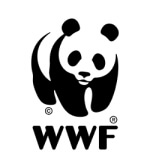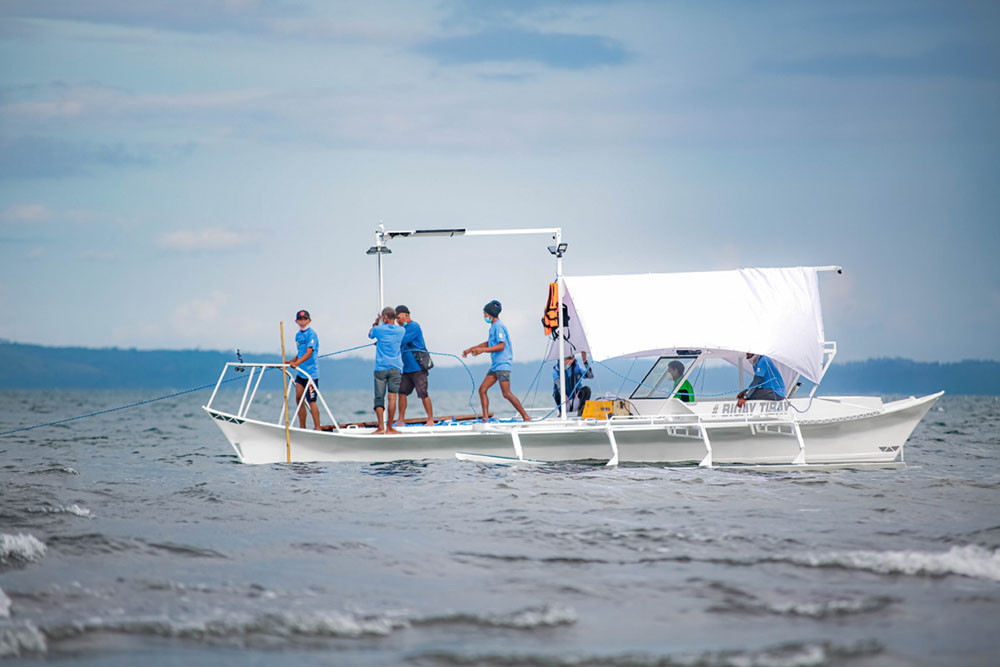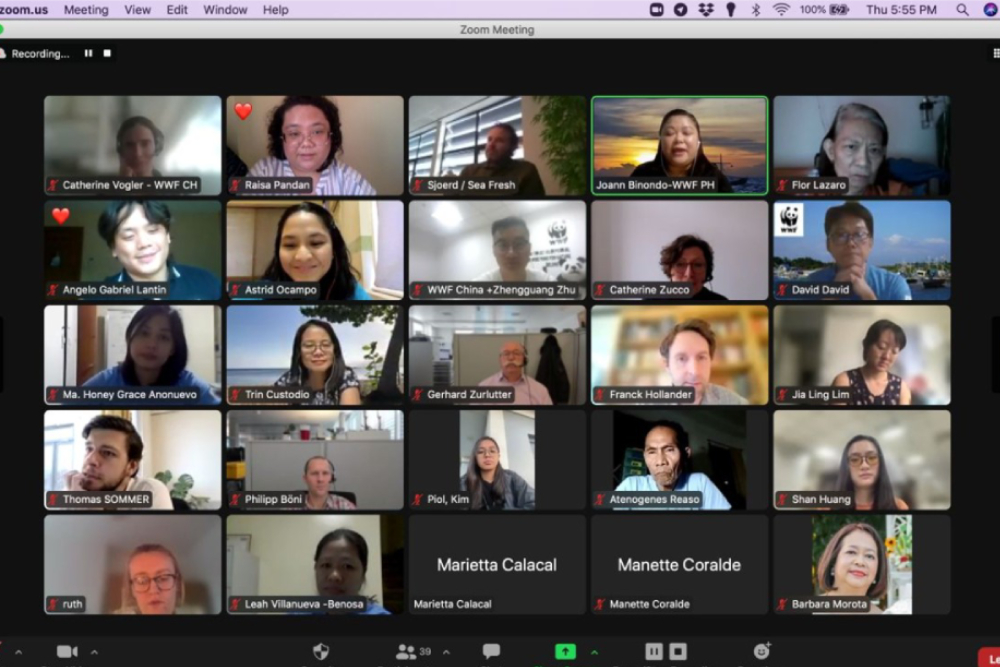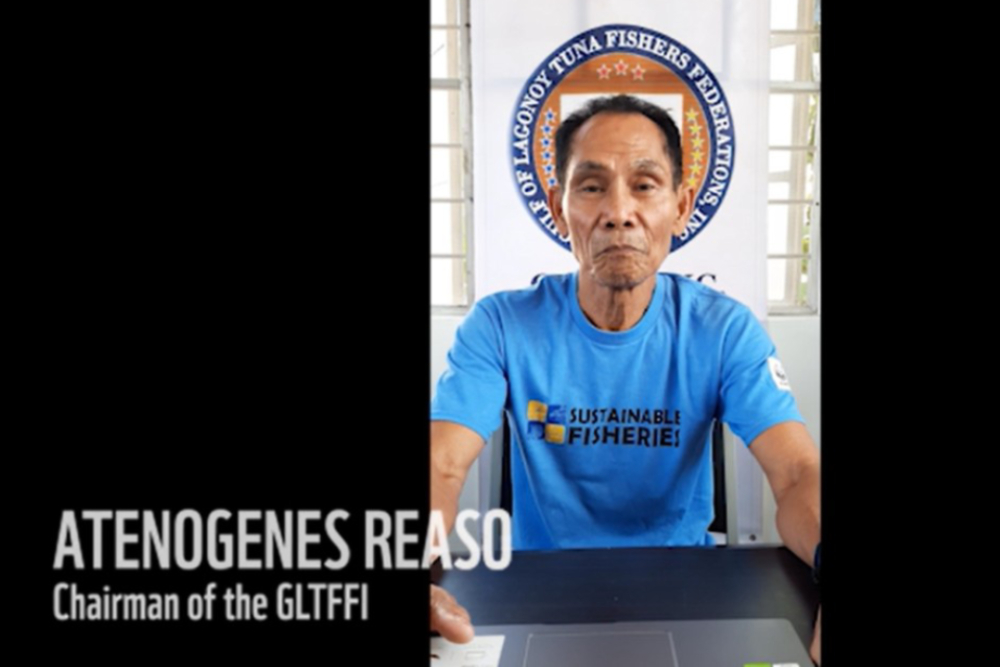The WWF Network goes regional in its effort to safeguard yellowfin tuna stocks through its latest project.
Launched this February, the Sustainable Tuna Partnership 2 project will be lobbying for improved yellowfin tuna fishery management across the Western Central Pacific. Countries involved in the effort include China, the Philippines, Indonesia and Germany.
The Western and Central Pacific Ocean (WCPO) is a region that encompasses Asian and Micronesian nations located in or along the Pacific. The Western and Central Pacific Fisheries Commission (WCPFC) is a trans-national organization that oversees the management of fishery resources in the region.
Fishers across the WCPO share the same stock of yellowfin tuna. The Philippines is among the countries that rely on this stock, with thousands of Filipino fishers depending on yellowfin tuna for their livelihoods.
Should the shared tuna stock be damaged or depleted, many nations in the WCPO will be adversely affected.
A multinational approach is needed to safeguard the WCPO yellowfin tuna stock. By working with neighboring countries in the region, WWF-Philippines hopes to ensure the stocks’ sustainability.
“Fish recognize no geopolitical boundaries. We need regional, cross-boundary efforts if we wish to arrive at true sustainability for our fisheries,” said STP 2 Project Manager Joann Binondo.
The new project comes at the conclusion of WWF-Philippines’ Sustainable Tuna Partnership project. Similar in name, the project sought to uplift the livelihoods of Filipino handline tuna fishers.
Through the STP project, WWF-Philippines helped fishers secure certification from the Marine Stewardship Council (MSC) in a historic first for handline fishers in the Philippines. MSC Certification recognizes fisheries that are working towards environmental sustainability while opening small-scale fishers to wider markets.
STP 2 will continue supporting local handline fishers while lobbying for better management of the WCPO yellowfin tuna stock.
“Protecting our shared seascape is what will uplift everyone’s livelihoods well into the future, from our small-scale fishers to the biggest companies. We need to safeguard our shared resources,” added Binondo.
STP 2 will run from 2022-2024.





